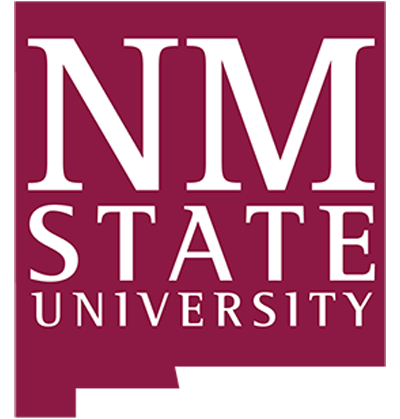
More than 60 researchers from New Mexico State University’s colleges have been appointed to serve on scientific journal editorial boards, according to a list compiled by the NMSU Office of Research, Creativity and Economic Development.
The list includes 12 editors from the College of Agricultural, Consumer and Environmental Sciences, 18 editors from the College of Arts and Sciences, three editors from the College of Business, 15 editors from the College of Engineering and 10 editors from the College of Health, Education and Social Transformation. They have been appointed to various scientific and creative journals, including those published by Elsevier, Sage, Springer, Taylor and Francis, and Wiley.
Journal editors provide guidance to authors, facilitate rigorous reviews of scientific submissions, prevent conflicts of interest from occurring, ensure high ethical standards, and make decisions on the publication of high-quality content.
“Serving as a journal editor is not only a privilege, but also a major responsibility. It is inspiring to note that so many of my colleagues are contributing to their discipline by serving as journal editors and volunteering their time and expertise,” said Jagdish Khubchandani, NMSU professor of public health who was recently appointed as chief editor for the Journal of Medicine, Surgery and Public Health.
The newly compiled list shows how researchers at NMSU contribute to the university’s goal of improving scientific and creative content across disciplines and globally, which will help the university facilitate its transition to a Carnegie R1 designated university. This year, 41 NMSU researchers have been named to a list of the top 2 percent of scientists worldwide. The list is regularly updated by Stanford University and Elsevier, a publishing company that specializes in scientific, technical and medical content.
“NMSU is a research-intensive university,” said Luis Cifuentes, NMSU vice president of research, creativity and economic development. “We have renowned faculty, researchers, scholars and artists who make outstanding contributions locally, nationally and globally, while serving their disciplinary communities through editorships. The Carnegie R1 designation will rightfully recognize their work.”
Carnegie Classification of Institutions of Higher Education issues the R1 classification to Ph.D.-granting universities with very high research activity.


